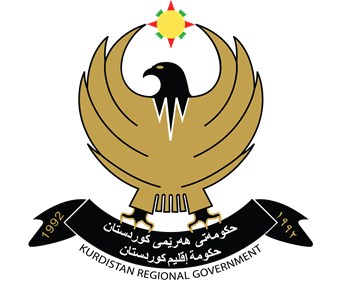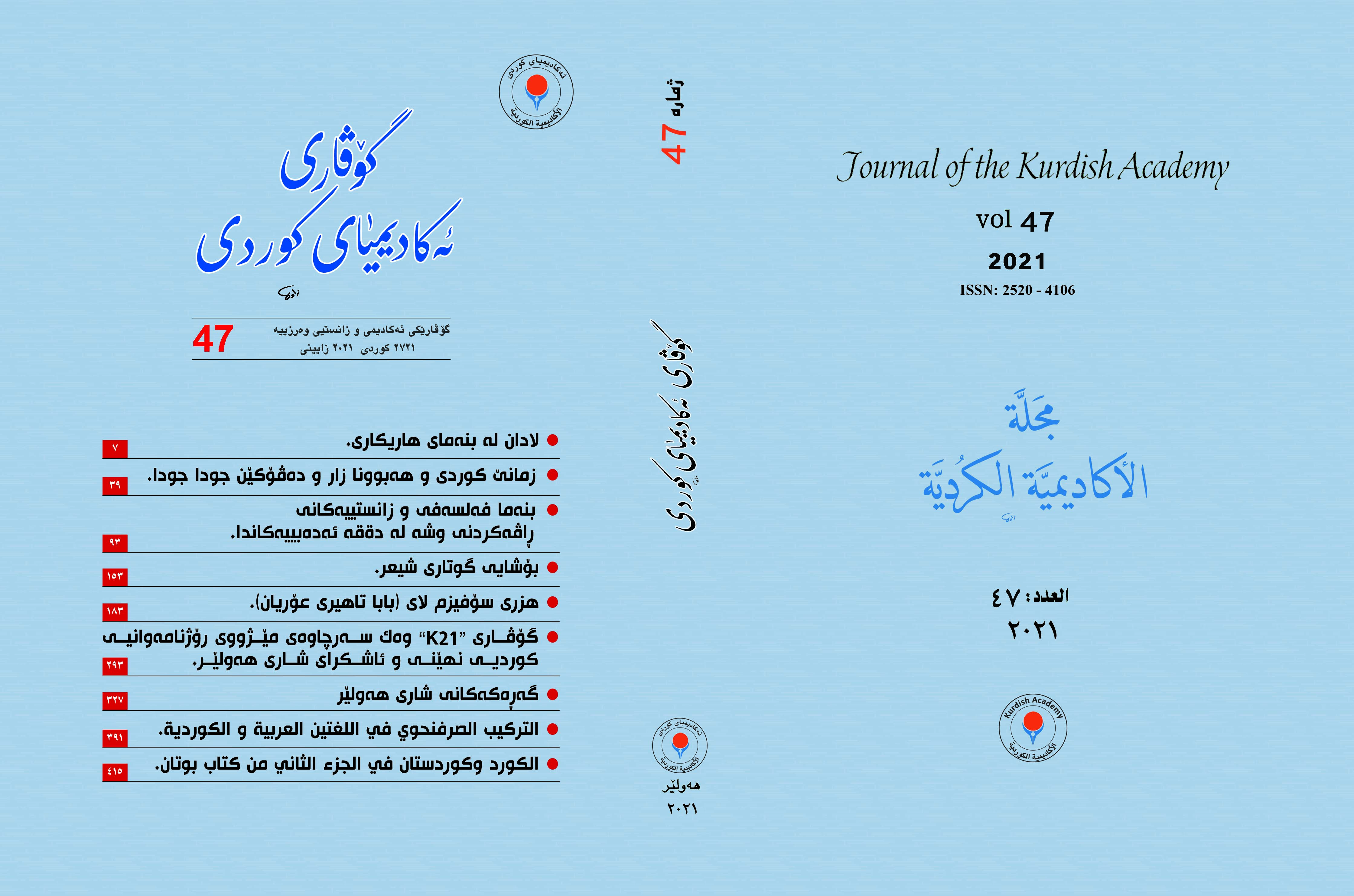پیشهی جۆڵایی لای جووهكانی كوردستان
DOI:
https://doi.org/10.56422/ka..47.82Abstract
Weaving is considered one of the most important works and major professions practiced by Jews in Kurdistan, especially those who live in villages and rural areas, and this profession continued with them for several centuries and for several generations, keeping it, and that this profession was among the folkloric works among the people, and it had An important role in their acceptance among other people and in strengthening their social relationships.
In addition to that, this profession had an important role in the manufacture of used materials such as clothes, weaving chapels, local carpets, shawls and nets that were known in cities and countryside, in addition to that the profession of textile coloring (Khumji) was complementary to this profession, and the quality The beauty of the product was an important source of their revenue and that many of them were using it as a commodity for commercial purposes between cities and exported abroad.
The woman was more experienced to prepare the basic materials for this profession such as (sheep wool, yellow goat hair, silk fabric, cotton threads, metallic yarn), then the cleaning and washing phase began and the pendants removed from them, then the drying phase in a fresh place and in open air, then Analyzing and decoding yarn with a bale called (shana), meaning the comb, then comes the stage of real spinning with a bale called (tashi), and then comes the stage of choosing colors, and often for the purpose of making shells and nets that used the same colors as real or natural wool without coloring,The Jewish families who practice the profession of spinning (Jolla) had a lot of experience in the field of this profession, and next to them there were families who practiced the profession of coloring (Khomji) in a polite manner and they were known so that most of those who practice the profession of spinning send their products to them for the purpose of coloring for a small amount, after completion From the coloring, the owners of the profession of spinning seem to spin and weave these materials with a bale called (Pigalle).(Garogey Bouzy, Jajim, Frashi chnrawi Tinky Dewar, barmal, Kr, and Kilim) are among their most important products, which remain to this day and are present in many museums. From the folklore of their area, each of the Jewish families had a specific type of their own craft.





